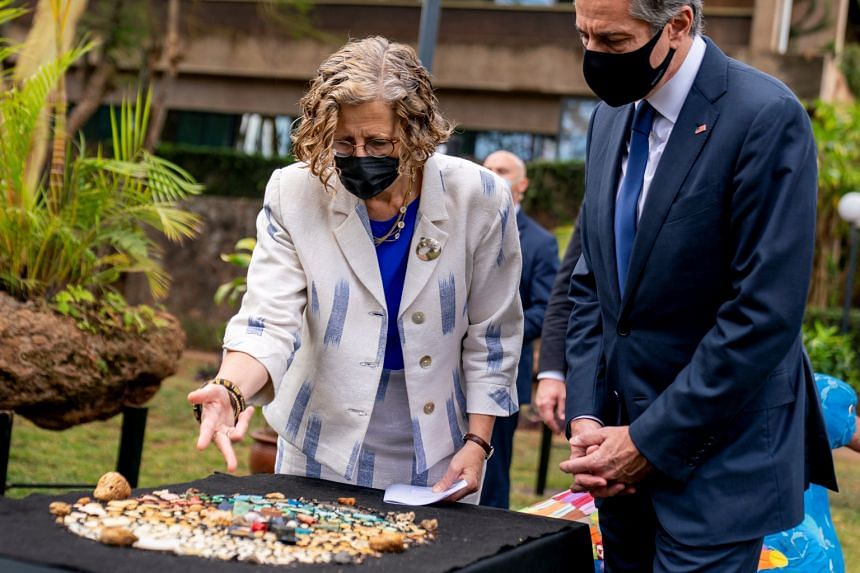WASHINGTON (REUTERS) - The United States will join talks on a new global treaty to curb plastic pollution, US Secretary of State Antony Blinken said on Thursday (Nov 18), marking its first support for the initiative.
Plastic pollution is set to triple by 2040, the UN Environment Programme (UNEP) has predicted, adding 23-37 million metric tons of waste into the world's oceans each year.
The US, which produces more plastic waste per capita than any other country, will join talks at the UN Environmental Assembly (UNEA) in February 2022 on protecting oceans from the "growing global harms of plastic pollution", Blinken said.
"It's crucial that the agreement call on countries to develop and enforce strong national action plans to address this problem at its source."
Blinken said in a speech at a UN Environment Programme oceans plastic waste event in Nairobi.
Until now, the US has not officially taken a position on the emerging multilateral UNEA treaty.
It is also the only industrialised country still outside the 2018 Basel Convention on waste that would tighten controls around dumping plastic waste in developing countries.
Although the administration of President Joe Biden moved quickly to rejoin the Paris Agreement on climate change, from which former President Trump withdrew US support, it has not changed course on the Basel amendment.
Meanwhile, plastic production - which industry analysts forecast to double by 2040 - will be the biggest growth market for oil demand over the next decade, the Paris-based International Energy Agency forecasts.

This week the US Environmental Protection Agency announced its first "National Recycling Strategy" which aims to achieve a 50 per cent nationwide recycling rate by 2030, up from below 10 per cent now.
Industry groups have pushed back on local and national efforts to ban the production of single use plastic and policies that would make producers responsible for plastic waste.

